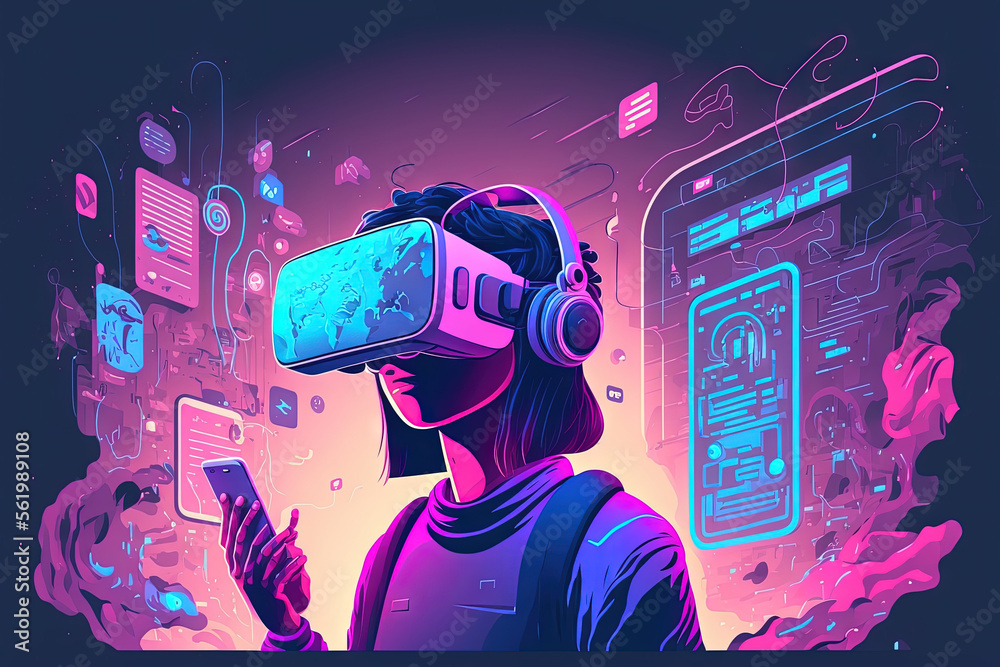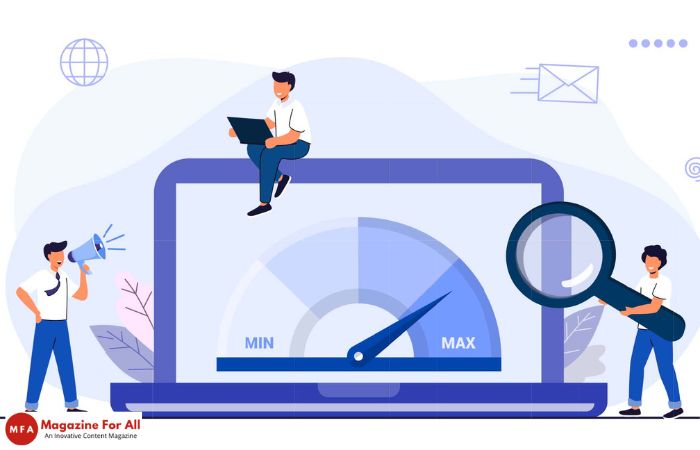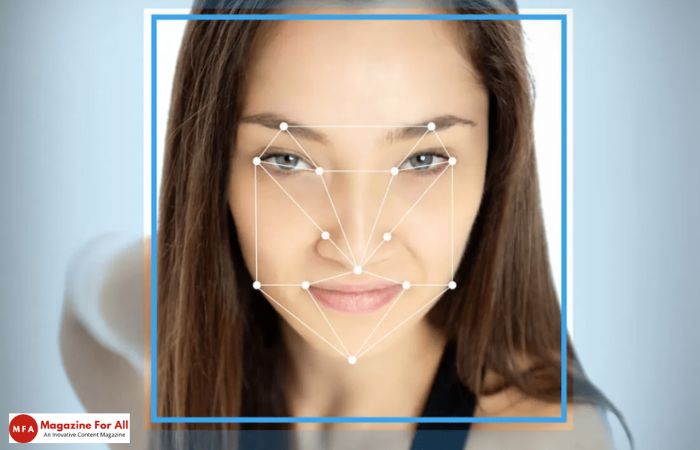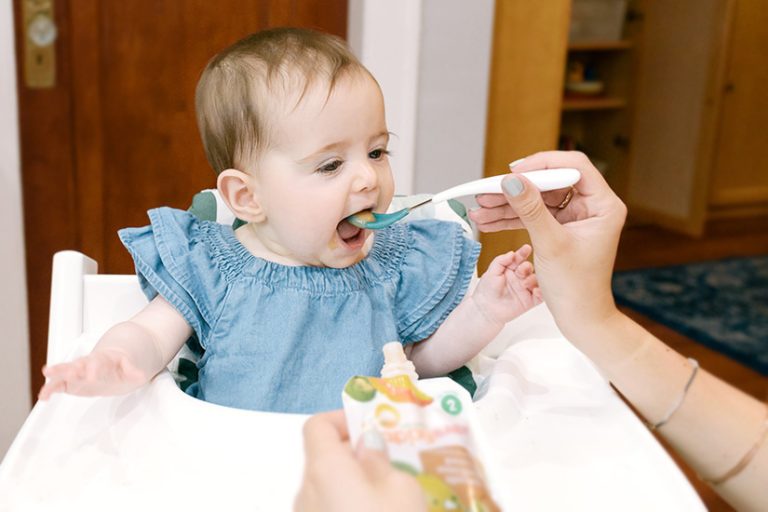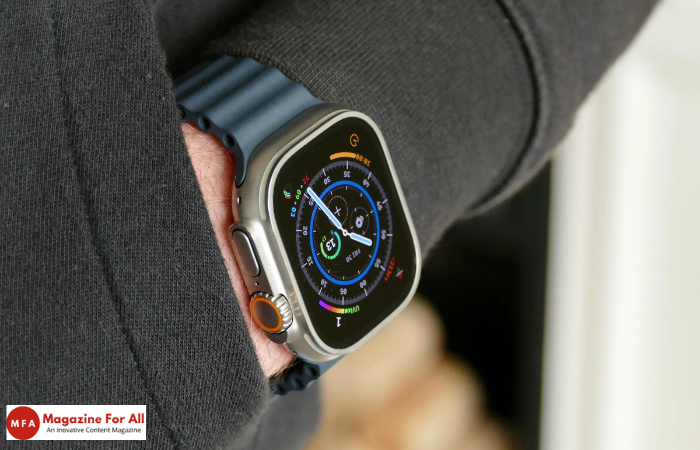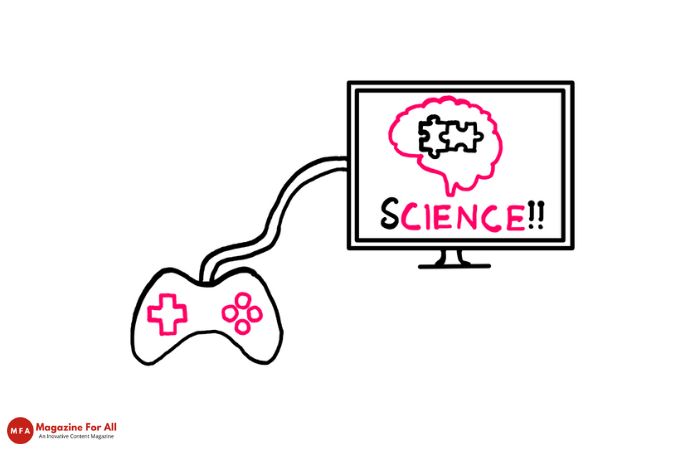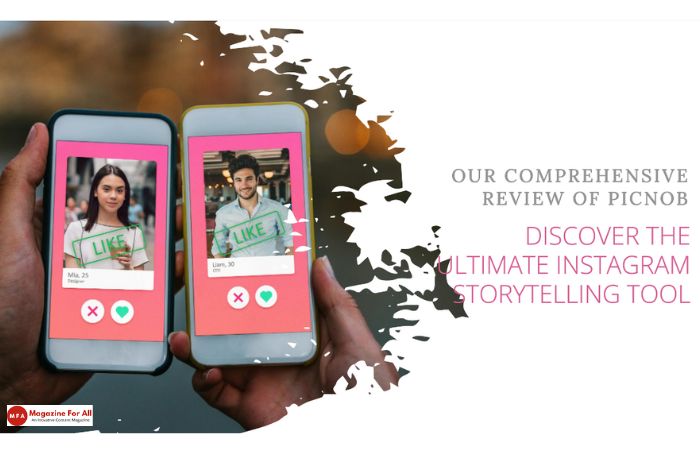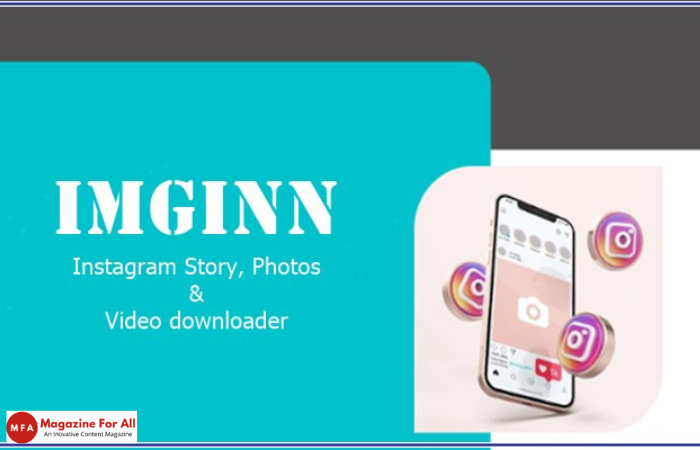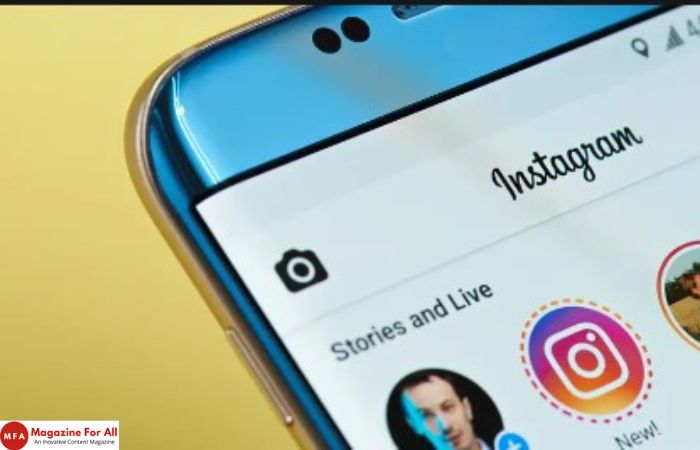Table of Contents
Benefits of AI Chatbots for Businesses & Customers
Healthcare chatbots are AI-enabled digital assistants that allow patients to assess their health and get reliable results anywhere, anytime. It manages appointment scheduling and rescheduling while gently reminding patients of their upcoming visits to the doctor. It saves time and money by allowing patients to perform many activities like submitting documents, making appointments, self-diagnosis, etc., online.
These virtual health assistants are revolutionizing patient care by providing 24/7 assistance, significantly enhancing the healthcare experience. Chatbots can provide insurance services and healthcare resources to patients and insurance plan members. Moreover, integrating RPA or other automation solutions with https://chat.openai.com/ chatbots allows for automating insurance claims processing and healthcare billing. The healthcare industry incorporates chatbots in its ecosystem to streamline communication between patients and healthcare professionals, prevent unnecessary expenses and offer a smooth, around-the-clock helping station.
They adhere to strict data protection regulations to ensure that patient information remains confidential and secure. Moreover, chatbots empower patients to provide valuable feedback on their healthcare experiences. Through conversational interfaces, they create an environment where individuals feel comfortable sharing their thoughts, concerns, and suggestions. This feedback is invaluable for providers as it helps them identify areas that require improvement and enhance the overall quality of care. AI Chatbots have revolutionized the way patient data is collected in healthcare settings.
It also assists healthcare providers by serving info to cancer patients and their families. This free AI-enabled chatbot allows you to input your symptoms and get the most likely diagnoses. Trained with machine learning models that enable the app to give accurate or near-accurate diagnoses, YourMd provides useful health tips and information about your symptoms as well as verified evidence-based solutions. The advantages of chatbots in healthcare are enormous – and all stakeholders share the benefits. Chatbots have already gained traction in retail, news media, social media, banking, and customer service.
How are AI chatbots used in healthcare?
Our research at the Psychology and Communication Technology (PaCT) Lab at Northumbria University explored people’s perceptions of medical chatbots using a nationally representative online sample of 402 UK adults. The study experimentally tested the impact of different scenarios involving experiences of embarrassing and stigmatizing health conditions on participant preferences for medical consultations. Healthcare chatbots can locate nearby medical services or where to go for a certain type of care. For example, a person who has a broken bone might not know whether to go to a walk-in clinic or a hospital emergency room.
Similarly, conversational style for a healthcare bot for people with mental health problems such as depression or anxiety must maintain sensitivity, respect, and appropriate vocabulary. Patients can naturally interact with the bot using text or voice to find medical services and providers, schedule an appointment, check their eligibility, and troubleshoot common issues using FAQ for fast and accurate resolution. Hyro is an adaptive communications platform that replaces common-place intent-based AI chatbots with language-based conversational AI, built from NLU, knowledge graphs, and computational linguistics.
AI-Powered Chatbots in Medical Education: Potential Applications and Implications – Cureus
AI-Powered Chatbots in Medical Education: Potential Applications and Implications.
Posted: Thu, 10 Aug 2023 07:00:00 GMT [source]
There are several reasons why chatbots help healthcare organizations elevate their patient care – let’s look at each in a bit of detail. Healthcare organizations all over the world currently face workforce shortages (with COVID-19 being one of the primary factors for that) and in such conditions, the availability of doctors might be in decline. Thus, a 24/7 available digital solution can be a perfect alternative and this is one of the main benefits of chatbots. Chatbots, perceived as non-human and non-judgmental, provide a comfortable space for sharing sensitive medical information.
In both situations, the user should be encouraged to apply their own critical thinking skills to assess the information they have been provided. They assist users in identifying symptoms and guide individuals to seek professional medical advice if needed. This bot is similar to a conversational one but is much simpler as its main goal is to provide answers to frequently asked questions. The questions can be pre-built in the dialogue window, so the user only has to choose the needed one. Despite its simplicity, the FAQ bot is helpful as it can speed up the process of getting the patient to the right specialist or at least provide them with basic answers.
Platform Engineering Reduces Complexity and Boosts Productivity
Chatbots enhance operational efficiency and cut labor expenses by automating processes and streamlining customer interactions. Chatbots nullify the annoying tick of the waiting clock by providing immediate responses. A notable example would be a chatbot assisting patients in remotely managing and scheduling their appointments, medication reminders, or instantly addressing general queries, providing unfettered, around-the-clock assistance. Through methodically assessing this data, businesses uncover patterns and themes, offering a veritable roadmap to elevating their offerings and crafting genuinely consumer-centric strategies. The dialogue with your customers thus becomes a strategic tool, quietly fine-tuning your business in the backdrop of every interaction. It simplifies the process and speed of diagnosis, as patients no longer need to visit the clinic and communicate with doctors on every request.
The healthcare industry is constantly embracing technological advancements, as every new innovation brings significant improvements to patient care and to work processes of medical professionals. And while some innovations may be too benefits of chatbots in healthcare complex or expensive to implement, there is one that is highly affordable and efficient, and it’s a healthcare chatbot. Acropolium has delivered a range of bespoke solutions and provided consulting services for the medical industry.
- Virtual health assistants, powered by chatbot technology, are not just improving the patient experience but are also streamlining operations, making healthcare more accessible and efficient.
- In addition to collecting patient data and feedback, chatbots play a pivotal role in conducting automated surveys.
- In this way, a patient does not need to directly contact a doctor for an advice and gains more control over their treatment and well-being.
- Implement dynamic conversation pathways for personalized responses, enhancing accuracy.
- So in case you have a simple bot and don’t want your patients to complain about its insufficient knowledge, either invest in a smarter bot or simply add an option to connect with a medical professional for more in-depth advice.
They can offer educational resources about the condition, provide tips for self-care, and answer common questions related to managing chronic illnesses. This support, facilitated by the doctor using AI technology, empowers patients to take control of their health and promotes better adherence to treatment plans. By automating routine tasks such as appointment scheduling, patient registration, and initial symptom assessment, chatbots significantly reduce the workload on healthcare staff. This allows medical professionals to allocate more time to critical care and complex cases. A study by Juniper Research found that chatbots are expected to save the healthcare industry $3.7 billion globally by 2023, underscoring their role in enhancing operational efficiency. Chatbots drive cost savings in healthcare delivery, with experts estimating that cost savings by healthcare chatbots will reach $3.6 billion globally by 2022.
Imagine a scenario where the bulk of day-to-day tasks, from answering FAQs to scheduling appointments, are managed seamlessly without human intervention. Not only does this liberate customer support teams to tackle more intricate issues, but it also curtails operational costs dramatically. Buoy Health offers an AI-powered health chatbot that supports self-diagnosis and connects patients to the right treatment endpoints at the right time based on self-reported symptoms.
Chatbots: The Future of Healthcare
However, one of the key elements for bots to be trustworthy—that is, the ability to function effectively with a patient—‘is that people believe that they have expertise’ (Nordheim et al. 2019). A survey on Omaolo (Pynnönen et al. 2020, p. 25) concluded that users were more likely to be in compliance with and more trustworthy about HCP decisions. Although chatbot technology for health care is continually advancing, little is known about the perspectives of practicing medical physicians on the use of chatbots in health care.
These digital dynamos aren’t just pieces of software; they’re reshaping the fabric of brand-customer relationships. They’ve matured into intelligent strategists, understanding nuances and fostering brand loyalty like never before. Over the past two years, investors have poured more than $800 million into various companies developing chatbots and other AI-enabled platforms for health diagnostics and care, per Crunchbase data. Digital assistants can send patients reminders and reduce the chance of a patient not showing up at the scheduled time. After making a short scenario, the chatbot takes control of the conversation, asking clarifying questions to identify the disease. The case history is then sent via a messaging interface to an administrator or doctor who determines which patients need urgent care and which patients need advice or consultation.
Patients or their caregivers can enter information about their daily activities and health status into a database through chatbots, which the respective physicians can view to investigate the condition and take appropriate action. As an important component of proactive healthcare services, chatbots are already used in hospitals, pharmacies, laboratories, and even care facilities. The ubiquitous use of smartphones, IoT, telehealth, and other related technologies fosters the market’s expansion.
AI Chatbots have revolutionized the healthcare industry by offering a multitude of benefits that contribute to improving efficiency and reducing costs. These intelligent virtual assistants automate various administrative tasks, allowing health systems, hospitals, and medical professionals to focus more on providing quality care to patients. The implementation of chatbots also benefits healthcare teams by allowing them to focus on more critical tasks rather than spending excessive time managing appointment schedules manually.
Therefore, it is essential to ensure that the chatbot solution protects sensitive consumer data, encrypts messages, and securely transmits identifiable patient information to other secure systems (e.g., electronic health record software). The goals you set now will establish the very essence of your new product and the technology on which your artificial intelligence healthcare chatbot system or project will be based. Health chatbots can quickly offer this information to patients, including information about nearby medical facilities, hours of operation, and nearby pharmacies where prescription drugs can be filled. They can also be programmed to answer questions about a particular condition, such as a health problem or a medical procedure. Data were analyzed using descriptive statistics and frequencies to examine the characteristics of participant responses to survey items on health care chatbots. Preliminary analyses revealed no major differences across factors of age, gender, or years of practice.
In conclusion, the paradigm of accessibility-by-design has to be incorporated into the practice of developing chatbots not only in the healthcare sector, but in every sector. In this way it is possible to effectively empower all users, regardless of their abilities and technical skills, and to increase the value of chatbots as effective support systems. The primary intent of chatbots should be to guarantee an enjoyable user experience (UX) accessible to all users so that the chatbots can be utilized to their full potential, but instead this study revealed that often this does not happen. As we have seen, most CAs use machine learning algorithms, to be able to better understand user requests and provide the most appropriate response. Until now we have seen applications that help users access services that they previously could only access outside their homes, while this type of app allows users to self-monitor.
Proactive customer engagement: Transforming interactions to anticipate needs
A crucial stage in the creation of medical chatbot is guaranteeing adherence to healthcare laws. Adherence to laws such as HIPAA cannot be undermined in order to protect patient privacy and security. By taking this action, the use of chatbots to handle sensitive healthcare data is given credibility and trust.
Growing Role Of AI Chatbots In Healthcare Sector – Data Science Central
Growing Role Of AI Chatbots In Healthcare Sector.
Posted: Tue, 17 Aug 2021 07:00:00 GMT [source]
Overall, the findings demonstrated that physicians have a wide variety of perspectives on the use of health care chatbots for patients, with few major skews to one side or the other regarding agreement levels to a variety of characteristics. Almost half of the physicians perceived health care chatbots to be important for patients, especially for helping patients better manage their own health. Almost half of the physicians also stated that they would be likely to prescribe the use of the technology to patients and recommend it to their colleagues. About half of the physicians also agreed that chatbots would benefit the physical, psychological, and behavioral health outcomes of patients, such as diet improvement, medication adherence, exercise frequency, or stress reduction. The other half of physicians was roughly equally divided between being an opponent or having a neutral opinion to the perceived importance and benefits of health care chatbots.
Enabling access to information and support at any hour, chatbots ensure that time zones and non-business hours are not barriers to a satisfactory customer experience. The seamless integration of AI chatbots into a business’s technological scaffolding is necessary. The pivotal element is effortlessly adapting and converging into existing digital ecosystems, ensuring a smooth transition and implementation without causing operational hiccups or necessitating overhauls. In this context, AI chatbots are a harmonizing tool, bridging various platforms and applications under a unified, intelligent interface.
- Chatbots have shown great potential in revolutionizing hospital management and improving patient experiences.
- This immediate interaction is crucial, especially for answering general health queries or providing information about hospital services.
- Although it is helpful to use chatbots in healthcare, they are complex to build, and poor design can lead to accuracy problems in the responses or even worse, in the diagnosis.
Such chatbot for medical diagnosis usually asks questions and encourages patients to share their symptoms in order to understand their current condition and what kind of treatment is recommended. Note though that a prescriptive chatbot cannot replace a doctor, and medical consultation is still needed. However, these bots can at least help patients understand what kind of treatment to request and what might be the issue, which is already a good start. One of the rising trends in healthcare is precision medicine, which implies the use of big data to provide better and more personalized care. To obtain big data, healthcare organizations need to use multiple data sources, and healthcare chatbots are actually one of them. Of course, no algorithm can compare to the experience of a doctor that’s earned in the field or the level of care a trained nurse can provide.
Babylon Health offers AI-driven consultations with a virtual doctor, a patient chatbot, and a real doctor. Once the fastest-growing health app in Europe, Ada Health has attracted more than 1.5 million users, who use it as a standard diagnostic tool to provide a detailed assessment of their health based on the symptoms they input. Any chatbot you develop that aims to give medical advice should deeply consider the regulations that govern it. There are things you can and cannot say, and there are regulations on how you can say things.
However, it is important to maintain a balance between automated assistance and human interaction for more complex medical situations. While chatbots are valuable tools in healthcare, they cannot replace human doctors entirely. They can provide immediate responses to common queries and assist with basic tasks, but complex medical diagnoses and treatments require the expertise of trained professionals. By leveraging the expertise of medical professionals and incorporating their knowledge into an automated system, chatbots ensure that users receive reliable advice even in the absence of human experts. These virtual assistants are trained using vast amounts of data from medical professionals, enabling them to provide accurate information and guidance to patients.
This article discusses medical chatbots, underlining their potential to reshape the healthcare landscape. We address prevalent concerns and highlight recent research findings indicating that chatbots may encourage individuals with sensitive health issues to seek help sooner. From helping a patient manage a chronic condition better to helping patients who are visually or hearing impaired access critical information, chatbots are a revolutionary way of assisting patients efficiently and effectively. This allows the patient to be taken care of fast and can be helpful during future doctor’s or nurse’s appointments.
Other chatbots rely on online platforms or social networks such as Telegram or Facebook [8, 22, 13, 23, 26]. The remaining ones used a variety of different methodologies like data gathering [25, 28, 21] or online interfaces like Google API’s [14]. When you are ready Chat GPT to invest in conversational AI, you can identify the top vendors using our data-rich vendor list on voice AI or chatbot platforms. It conducts basic activities like asking about the symptoms, recommending wellness programs, and tracking behavior or weight changes.
This increased accessibility is crucial for extending medical assistance to larger populations, democratizing the availability of health information and support. Furthermore, social distancing and loss of loved ones have taken a toll on people’s mental health. With psychiatry-oriented chatbots, people can interact with a virtual mental health ‘professional’ to get some relief. These chatbots are trained on massive data and include natural language processing capabilities to understand users’ concerns and provide appropriate advice. You can foun additiona information about ai customer service and artificial intelligence and NLP. Despite the initial chatbot hype dwindling down, medical chatbots still have the potential to improve the healthcare industry. The three main areas where they can be particularly useful include diagnostics, patient engagement outside medical facilities, and mental health.
Early research even suggests that chatbots can improve upon some doctors’ style of communication. In a recent study, licensed healthcare professionals were tasked with evaluating and comparing responses from doctors and ChatGPT to health-related inquiries on social media. ChatGPT responses outperformed doctors’ responses in terms of both quality and empathy, earning significantly higher ratings in 79 percent of the 585 evaluations. This information can be obtained by asking the patient a few questions about where they travel, their occupation, and other relevant information. The healthcare chatbot can then alert the patient when it’s time to get vaccinated and flag important vaccinations to have when traveling to certain countries.






